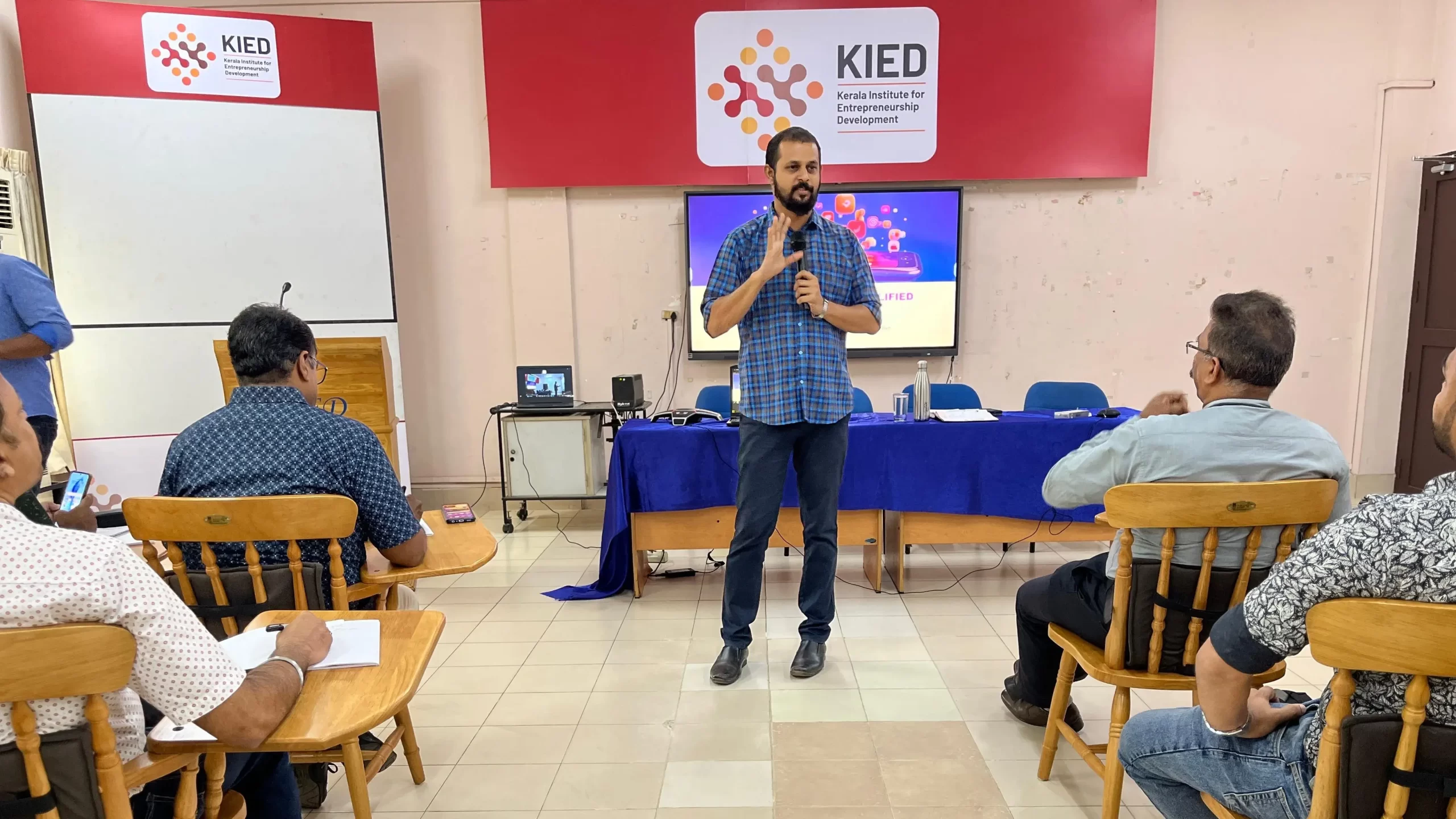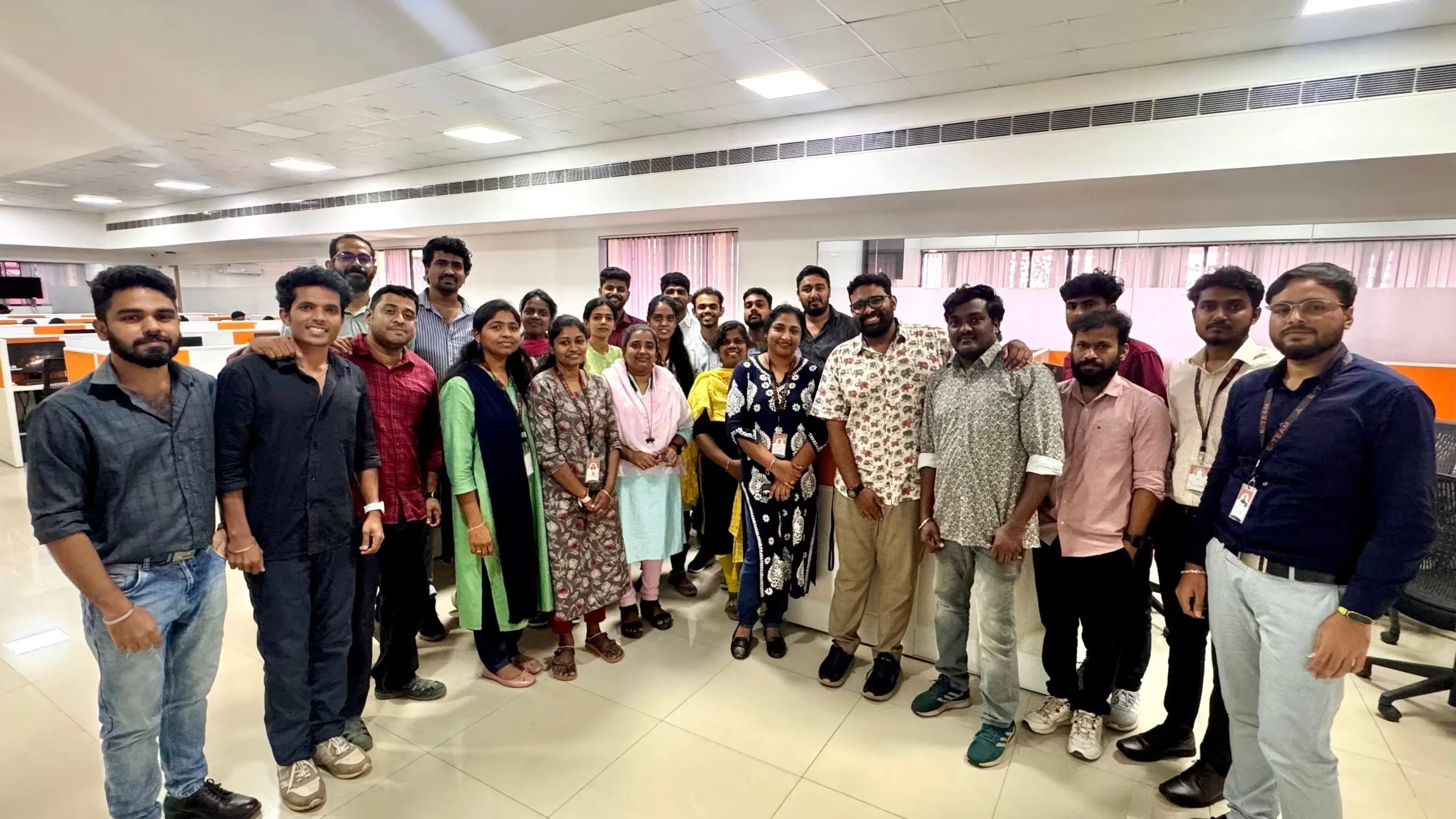Driving Digital Excellence with Team Inspire
Team Inspire & Srishti Innovative had the privilege of conducting a one day training program on Digital Marketing and Social Media for the officials of the Department of Industries and Commerce. Organized by the Kerala Institute of Entrepreneurship Development (KIED), the program aimed to equip participants with the knowledge and tools needed to enhance their digital presence and maximize outreach.
Read More













